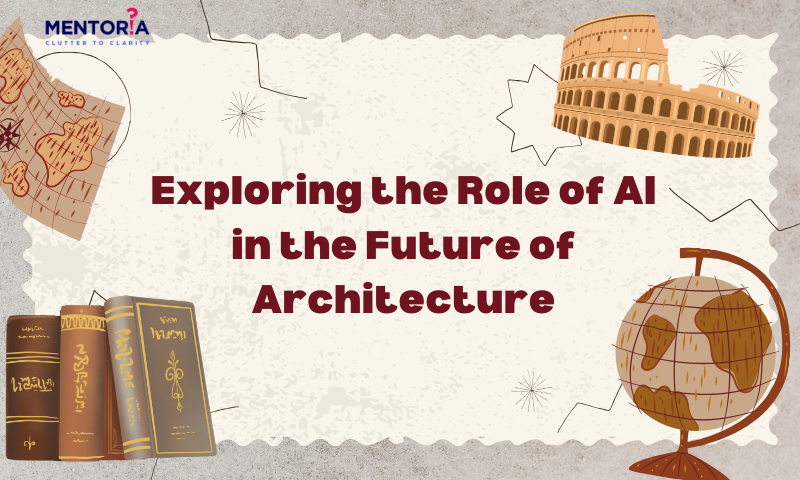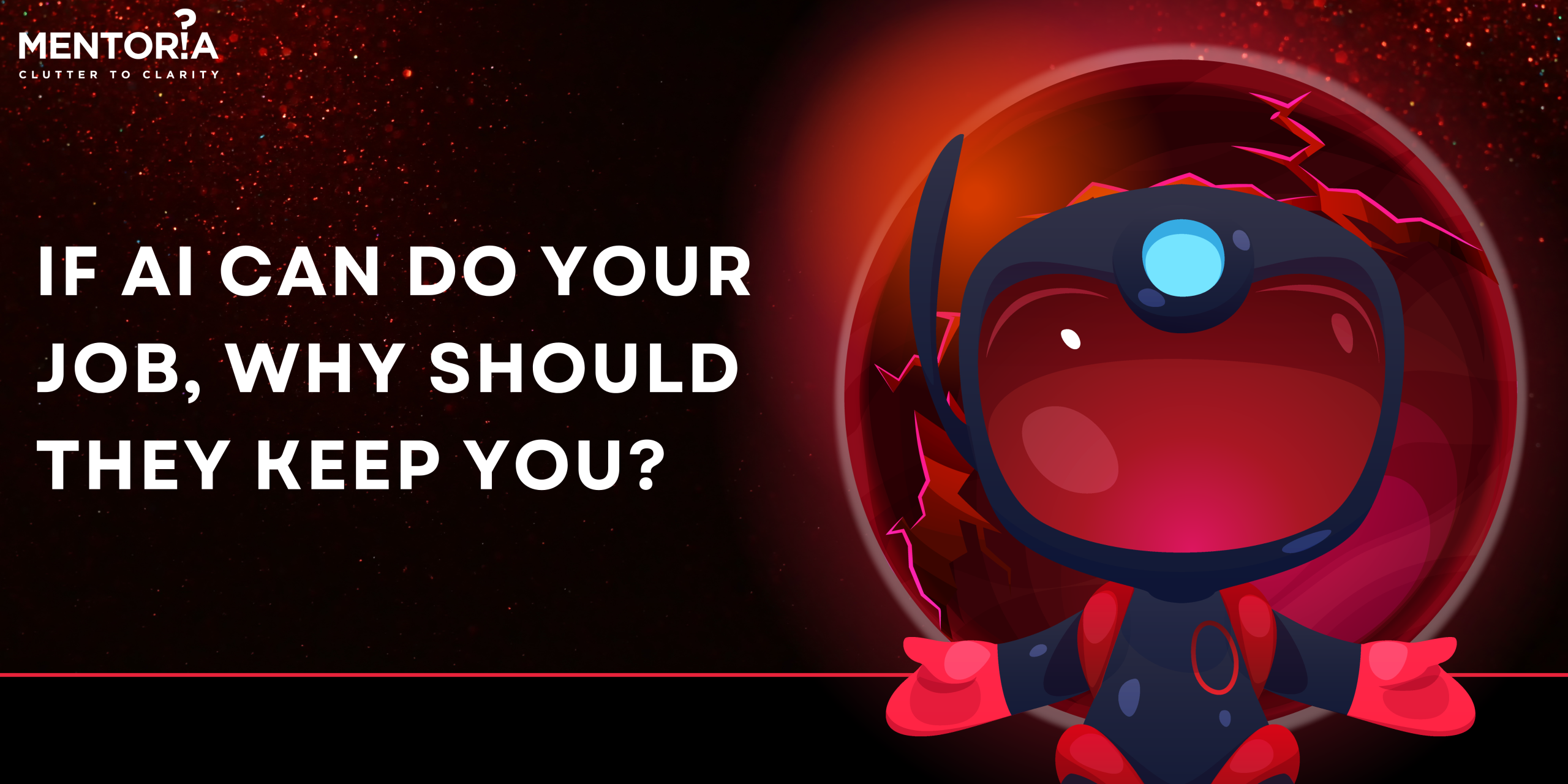Exploring the Role of AI in the Future of Architecture

Architecture isn’t just about putting up walls and roofs—it’s a vibrant creative journey that tackles real-world problems and adapts to the challenges we face every day. Technology is changing fast, and the profession is stepping into an exhilarating new era where AI and automation are taking centre stage. Architects are embracing new advancements that are totally transforming their workflow. Say goodbye to the old ways of doing things. Now, architects can easily tackle complex tasks like site analysis and design optimisation with a breeze. AI isn’t just about speed; it’s a game-changer for architects, boosting efficiency and sparking innovation that takes modern design to new heights.
Recently, we hosted a session with two prominent architects Niket Deshpande and Tapan Deshpande, a professor of architecture where they discussed the balance between traditional methods and new technologies like AI. Deshpande highlighted how tools like parametric design allow for faster, more accurate designs but stressed the importance of human creativity in guiding these innovations. According to Tapan, “If autopilot has come, isn’t the pilot still important?”
Want to learn more? Watch Mentoria’s webinar where leading experts discuss the future of architecture and how technology will shape it.
Expert Opinions on AI in Architecture
As AI integrates further into the architectural landscape, it’s crucial to understand that while technology simplifies the process, the creative vision of architects remains irreplaceable. Deshpande emphasises the importance of a symbiotic relationship between human skill and automation. She explained how tools like advanced software should “enhance, not replace, an architect’s ability to innovate and create.”
Upcoming Trends: AI and Sustainability
Beyond AI, sustainability is another major trend shaping architecture. The focus is shifting from just energy-efficient designs to the use of new sustainable materials and building methods that align with net-zero strategies. According to research and expert analysis, architects are increasingly integrating these innovations with technology to create more climate-resilient and future-proof structures.
Additionally, there is a push for more diversity and equity within the field, with organisations like NCARB making licensure more accessible to a broader range of candidates
The Conclusion: AI and the Future of Architecture
AI is undoubtedly transforming architecture, but the future will require a balanced approach. As Deshpande argues, automation may handle the technical aspects, but it’s the architect’s vision that will continue to guide projects from concept to completion. The key to success in this evolving field will be mastering both human creativity and technological efficiency. For a deeper dive into the evolving career landscapes, check out Mentoria’s impactful webinars. These webinars are conducted with industry experts, exploring the latest developments in various fields and offering insights on how aspiring professionals can adapt.







